Meditation: “Resisting the need to be endlessly improved may be the most human act of all!”
We live in an age obsessed with getting better. Faster. Smarter. More efficient. Everywhere you turn, there’s another hack, another app, another system promising to help you squeeze more out of every moment of your life. But what if this constant self-optimisation isn’t the path to freedom, but the very thing keeping us from it?
This is a reflection on what we lose when we treat ourselves like machines, and what we might remember when we dare to live a little more slowly, a little more soulfully, and a whole lot more human. It echoes what philosophers like Foucault and Byung-Chul Han have argued, but I want to ground it in lived experience—in body, in memory, in soul.
“The society of labouring and achievement is not a free society. It generates new constraints.” - Byung-Chul Han
There is no denying that in the modern world, we seem to be obsessed with self-optimisation. Everywhere you look (scroll through Substack, for example), there’s some new tool, hack, or framework promising to make you more efficient, more focused, more successful. At first glance, it all seems helpful—even empowering. But the more I sit with it, the more I feel that something darker sits beneath the surface. Something subtle, but deeply dehumanising.
Because what is this really, if not the machine’s way of making sure we keep performing? Keep producing? Keep refining ourselves into units of usefulness?
It’s easy to forget that optimisation is an industrial word. It comes from systems designed for control—for extracting more from less. And when we apply that same logic to the human soul, we don’t become free. We become efficient cogs, self-managing our own subjugation. It’s control dressed up as empowerment. Surveillance internalized as discipline.
We track our sleep, our steps, our thoughts, our focus cycles. We slice our days into metrics. We believe if we can just optimise the right variable, we’ll finally become enough.
But enough for what?
And for whom?
“It is no measure of health to be well-adjusted to a profoundly sick society.” - Krishnamurti
The truth is, the more we buy into this ideology of constant self-tuning, the further we drift from what it means to be fully, wildly, wonderfully human.
Because real humanity isn’t efficient.
It’s messy. It’s slow. It’s inconsistent.
It daydreams. It forgets things. It gets distracted by birdsong.
It stops to feel. It breaks. It heals.
It is.
And when I look at the world, at all we’ve built, I see a long, quiet forgetting.
A forgetting of our original rhythms.
A forgetting of the part of us that doesn't need a purpose to matter.
The part that simply is, in stillness, in play, in unmeasured being.
“We are so obsessed with doing that we have no time and no imagination left for being. As a result, men are valued not for what they are but for what they do.” - Thomas Merton
So maybe this is what I’ve been circling in my meditations, in these lived philosophies I’m trying to reclaim. To truly live, not just perform living, (me) we have to resist the idea that we are projects to be perfected. We have to remember that we are not machines. And we were never meant to live by the logic of one.
We are breath.
We are heart.
We are story.
We are mystery.
And maybe the most radical thing we can do today, right this moment, is not to optimise, but to remember our freedom.
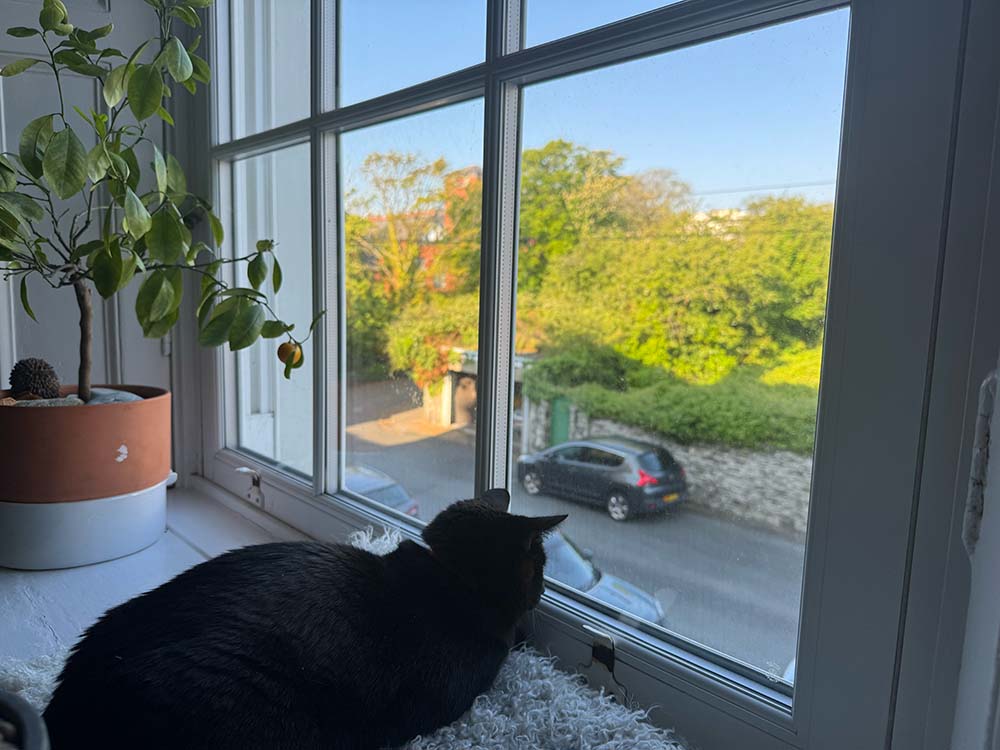
Simple Experience in Being (Not Optimizing)
Carve out sometime for yourself. That’s all.
Not to fix.
Not to improve.
Not to accomplish.
Just to be.
Turn off notifications. Put away the phone. Let silence or the ambient sounds of life be your backdrop.
Sit somewhere where you can see a bit of the world. A window, a garden, a street corner. Don’t meditate in the formal sense. Don’t focus your breath. Don’t try to still your thoughts.
Instead, let yourself drift.
Let your attention move like weather, unforced, uncorrected.
Notice the textures of this moment. The way the light touches the floor. The breeze. The dull ache in your shoulder. The ordinary beauty of being alive, without needing to perform it.
If a thought comes, about work, your to-do list, your phone, don’t scold it. Just smile at it like an old friend dropping by, and let it move on.
You’re not here to track this.
You’re not here to use this.
You’re here to remember what it feels like
to simply exist
without optimising a single thing.
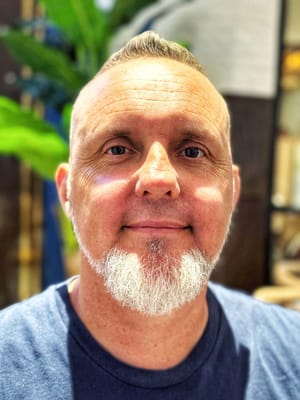
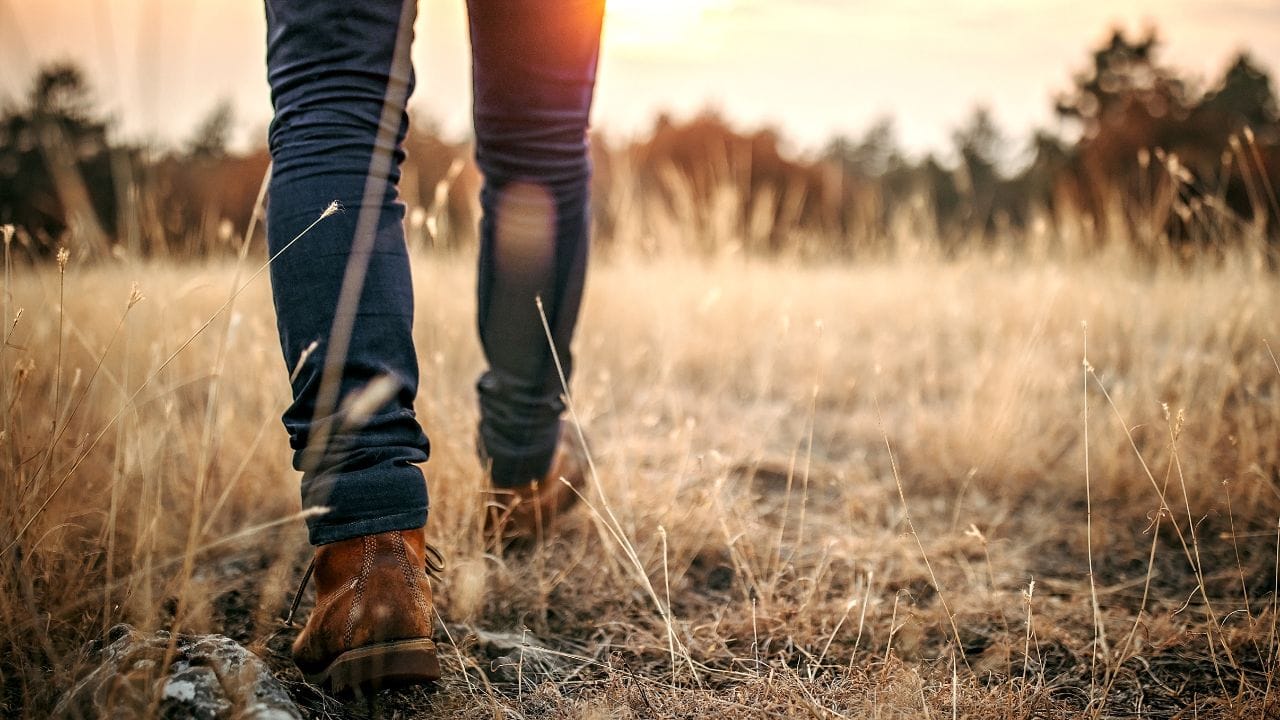


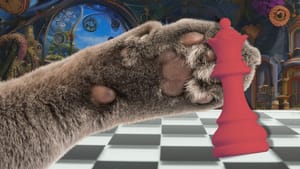
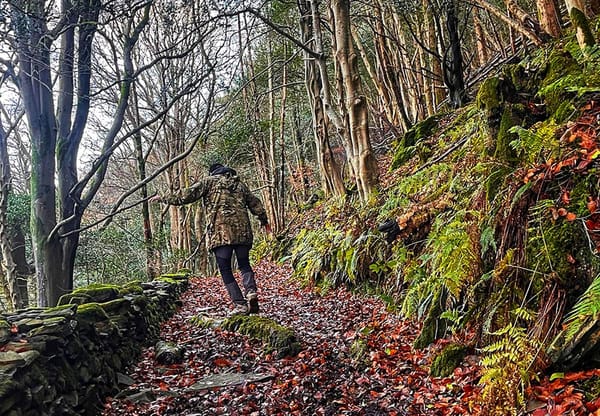
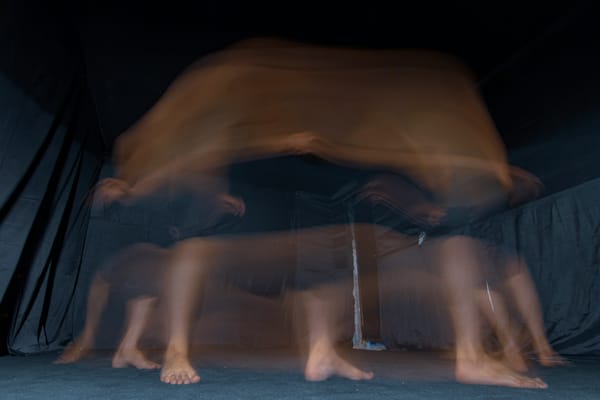



Member discussion